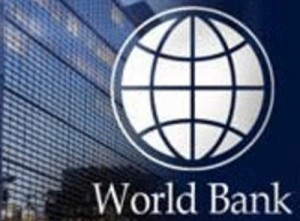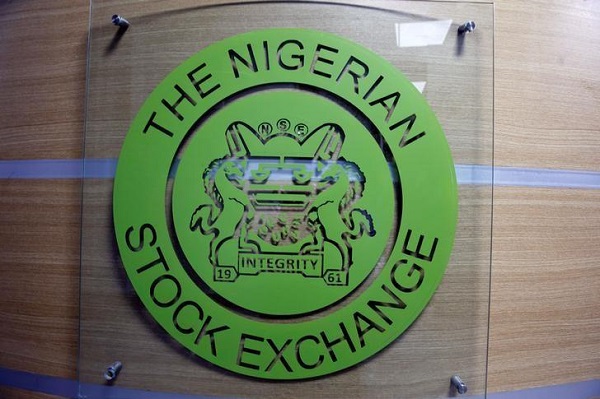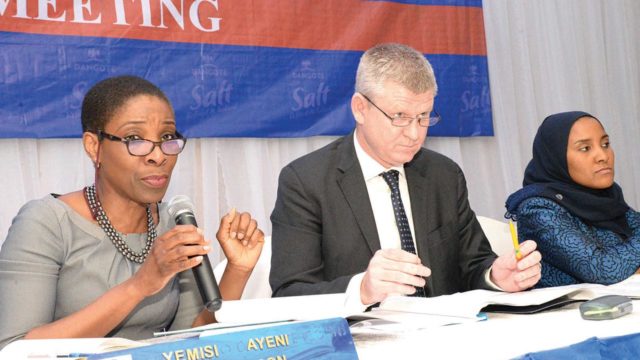Nigeria needs reforms to prevent exchange rate crisis — W/Bank
 Nigeria needs to reform its finance to ensure it can hedge against any future foreign exchange crisis, the World Bank Chief Economist for Africa, Albert Zeufack, has said.
Nigeria needs to reform its finance to ensure it can hedge against any future foreign exchange crisis, the World Bank Chief Economist for Africa, Albert Zeufack, has said.
Zeufack said on Wednesday that exchange rate adjustments could lead to higher inflation but continued monetary policy tightening would price pressures.
He added that making fiscal adjustments in the country’s second year of recession now would be “extremely challenging”, Reuters reported.
The economy is facing an exchange rate crisis brought on by low oil prices, which has hammered the foreign exchange reserves and created chronic dollar shortages, frustrating businesses and individuals.
Meanwhile, the World Bank has cut its growth projection for sub-Saharan Africa this year because of weak expansion in the region’s three biggest economies, namely Nigeria, South Africa and Angola.
In an emailed copy of its Africa Pulse report on Wednesday, the World Bank said the SSA’s Gross Domestic Product would expand by 2.6 per cent in 2017, Bloomberg reported.
That compares with a January projection of 2.9 per cent and matches the International Monetary Fund’s prediction released this week.
“The region’s three largest economies — Angola, Nigeria, and South Africa — are projected to post only a modest rebound in growth following a sharp slowdown in 2016,” it said.
“Investment growth will recover only gradually amid tight foreign-exchange liquidity conditions in major oil exporters and low investor confidence in South Africa,” it added.
Growth this year will be “better than the 1.3 per cent in 2016, the lowest in two decades, but we are not out of the woods yet,” Zeufack told reporters in a video conference from Washington on Wednesday.
“Africa is still growing at negative per-capita rates.”







